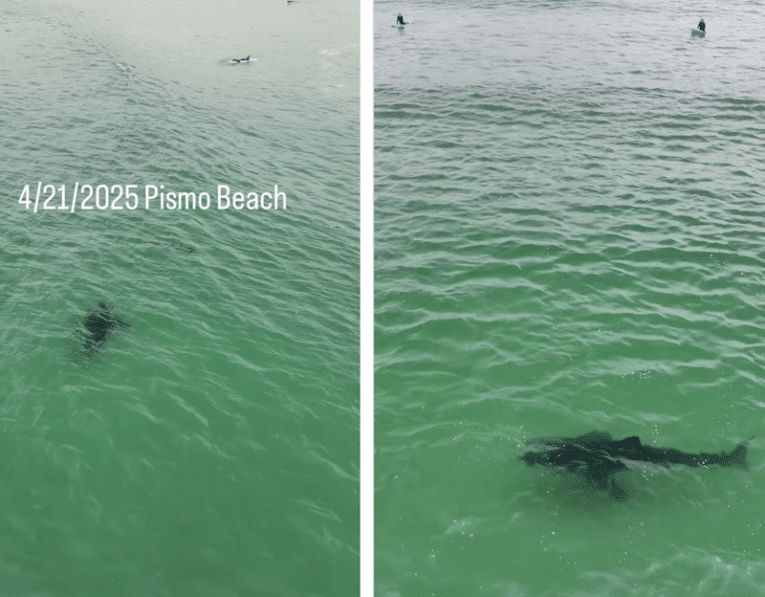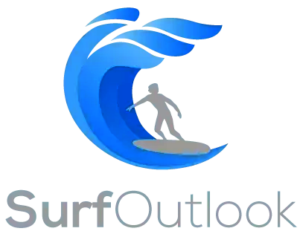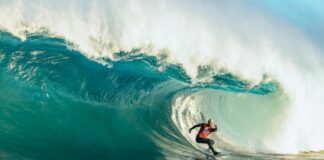
“Clyde was the one who best channeled and reflected
the light, the upside, of the Aikau family.”
Clyde Aikau of Hawaii died this
week, age 75, at home, from pancreatic cancer and heart
disease, and while much of the coverage and commentary
has been about Clyde himself, you didn’t have to read far before
getting to Eddie Aikau. Which makes sense. It is hard, maybe
impossible, to unlink the two brothers—a notion that Clyde himself
would no doubt approve of.
Eddie, three years older, was in so many ways a template for
Clyde. They surfed so much
alike, for starters. Eddie had the purer gift, for
sure, and if Clyde never matched his brother when conditions got
truly insane, so what, nobody else could either, then or
now.
Eddie died in 1978, and the brothers’ roles were at that point
cast in stone—one legend and the other human. That is on many
levels a difficult and unfair position, but never, not for a
moment, did you get the sense that Clyde was anything but
grateful and honored to be the legacy-bearer for Eddie.
In fact, it is partly because Clyde himself was so good at being
the appreciative and supportive younger brother it was often
easy for the rest of us to overlook just how different the two
were, and how wholly remarkable Clyde was in his own right.
Surfing-wise, of course, the achievements spill forth: it was
Clyde, not Eddie, who got the breakthrough Duke Classic win in 1974
(Eddie won in 1977), then of course the dramatic Quiksilver-Eddie
win in 1986, and maybe best of all the fact that Clyde
was still out there in huge surf—elegant and nervy and
classically Hawaiian; the last of the great bow-legged “bully”
stylists—into his 60s.
Meanwhile, Clyde had the lighter spirit, the innate ability to
connect. Or to change the context slightly, Eddie was by nature shy
and reserved—weighted down later in life, burdened, even
depressed—while Clyde was always outgoing, talkative, expressive
and open. He easily could have gone dark as the years rolled by.
Clyde lost four brothers, two tragically and unexpectedly, and just
a few years ago woke up to the news that his nephew and grandnephew were
involved in a murder-suicide at the house where Clyde and Eddie
grew up.
Clyde instead grieved and processed and kept moving forward. He
was a kinetic force. The public got a glimpse of this as early as
1978, in the days following Eddie’s at-sea disappearance, when a
Honolulu Star-Advertiser reporter visited the Aikau family house
for a Page Two feature:
The smell of hot coffee filled the damp air. Beer was in
coolers. Mrs. Aikau sat leaning on a table by the entrance. She
already lost one of her five sons, in a 1973 car accident which
came after surfing triumphs by both Eddie and his brother Clyde.
Her husband walked over to give her encouragement, but she asked to
be left alone. Clyde, who flew back from a surfing contest in
Australia to join the search for his brother, was alert and intense
despite spending the entire day swimming and walking along the
southwest coast of Lanai. “We want to check all the islands even if
there is only an outside chance. We want to be able to sleep
knowing we’ve done everything. Every rock, beach and cave has to be
checked,” Clyde said. Myra, Eddie’s sister, announced that the
family would take care of any expenses of flying people to the
other islands [to join the search]—cost didn’t matter. Clyde then
organized the group and decided who would go where. “This is
something we have to do,” he said. “This is family.”
Clyde was the resilient Aikau. He had the greater sense of
balance, and while that came through best during difficult times,
it also allowed him to be joyous, playful, when times were good.
Clyde was comfortable in his own skin, always, in a way Eddie
rarely was. It is not a fair comparison, given the decades between
the two events, but listen to Eddie speak
here, and watch Clyde speak here,
and you get a sense of just how different the two men were in terms
of being outward-facing public figures. Basically Clyde is relaxed
in front of the mic the way Eddie was relaxed dropping in behind
the boil at Waimea. The Aikau family would always live in Clyde,
and much of that legacy was heavy indeed. But Clyde was the one who
best channeled and reflected the light, the upside, and let’s end
with him sharing a memory with Bruce Jenkins about how he won the
’86 Quiksilver-Eddie.
Waimea that day had a westerly wind and it was kinda blowing
onshore. When sets came in, it would look like it was breaking a
mile out. And at that time, a lot of big-wave surfers never rode
the Bay when it was like that. Me and Eddie surfed there a lot,
though, and I knew how the waves would break. So when I was in my
heat, and the sets would come in, I would scream, “Big set! Big
set!” Everybody would be racing out to the ocean, and I’d be
paddling the other way. And the wave would be poppin’ right where I
was.
The two brothers still together, putting the moves on everybody
else. Clyde still laughing about it 30-plus years later. All of us,
I suppose, look for different things in the people we chose to
admire. Humor is high on the list for me. Clyde was an Aikau,
heart and soul, but he looked a bit like Cheech Marin, and the fact
that he lived through all he lived through and retained his smile
and sparkle—that is its own amazing legacy, and Clyde gets that one
without having to share.





